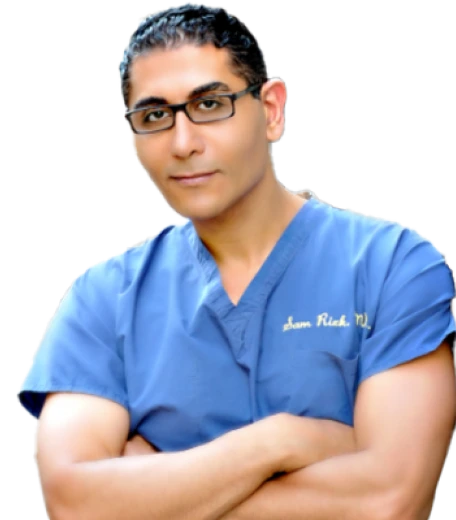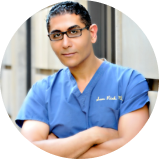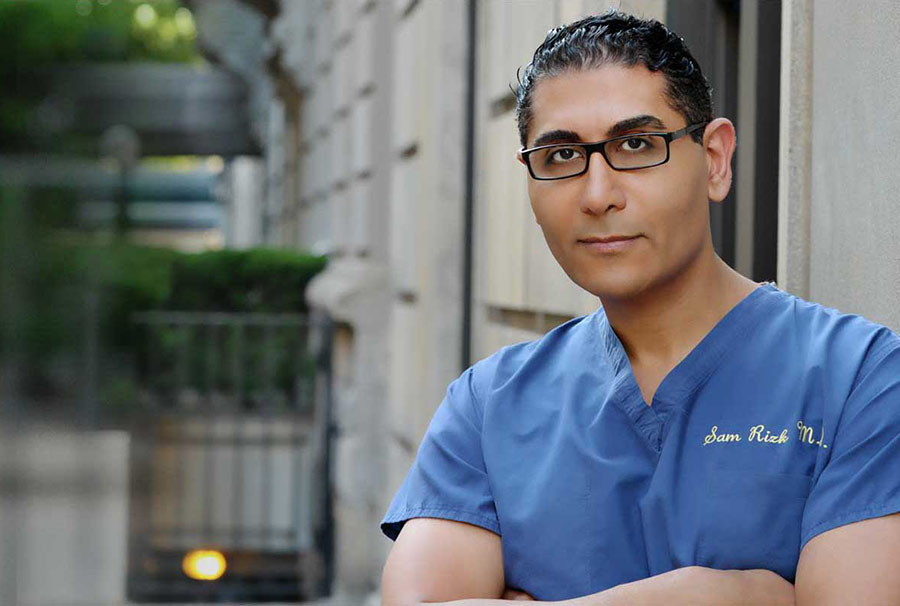When it comes to plastic surgery, there are two distinct kinds of specialists: facial plastic surgeons and general or cosmetic plastic surgeons. It’s important to understand the difference between them when considering any kind of plastic surgery. Facial plastic surgeons specialize in procedures that involve the face and neck only, while a general or cosmetic plastic surgeon can perform more extensive surgeries on any part of the body. The distinction between these two types of specialists is important when making decisions about which procedure to have done and who should do it. Let’s start by looking at the differences between the two types of professionals.
What Is a Facial Plastic Surgeon?
Facial plastic surgeons, are trained in a range of techniques and procedures that focus exclusively on the head and neck area. These specialists often specialize in more complex facial and neck procedures, such as reconstructive surgery for traumatic injuries or birth defects and cosmetic enhancements like facelifts, brow lifts, rhinoplasty, otoplasty, blepharoplasty (eyelid surgery), and facial implants.
Facial plastic surgeons are highly trained experts in anatomy and aesthetic principles, with specialized knowledge about how age-related changes affect the appearance of the face over time. They must complete an additional year of fellowship training after their residency program specifically devoted to facial surgery techniques and procedures before they can become certified by the American Board of Facial Plastic Surgery (ABFPRS). This extra year ensures that they have mastered all aspects of facial rejuvenation so they can provide their patients with safe, effective treatments tailored to each individual’s needs. Their training also includes techniques for correcting deformities related to trauma or birth defects affecting the head and neck region. They may also specialize in improving breathing, such as nose reshaping (nasal reconstruction) or reduction of enlarged adenoids and tonsils. They understand the nuances of facial anatomy better than any other type of plastic surgeon and have extensive experience treating conditions related to the face and neck.
What Does a General Plastic Surgeon Do?
General or cosmetic plastic surgeons are trained in the full spectrum of plastic surgery, including body contouring and reconstruction procedures such as breast augmentation, liposuction, abdominoplasty (tummy tuck), and facelifts. They may also specialize in hand or burn surgery. A board-certified plastic surgeon should have completed at least three years of surgical training in a recognized residency program and be qualified to perform all types of plastic surgery. General plastic surgeons also have a broad knowledge of medical techniques and can diagnose and treat disorders related to the skin, soft tissue and musculoskeletal system. They are adept at performing reconstructive surgeries, such as cleft lip and palate repair, skin cancer reconstruction, hand surgery, hand trauma, post-traumatic deformity correction, scar revisions, and breast reconstruction.
General plastic surgeons are also trained in the use of bio-compatible materials and devices, such as breast implants, dermal fillers and injectables, silicone facial implants, fat transfer, tissue expanders and other products. Additionally, they will be able to provide advice on post-operative care and help patients have realistic expectations about their results.
Why It Matters: Choosing Your Surgeon
It’s important to understand the difference between facial plastic surgeons and general or cosmetic plastic surgeons when deciding which type of specialist is right for you. A facial plastic surgeon will have more expertise in surgery related to the face, neck, and nose while a general or cosmetic plastic surgeon will be better equipped to handle body-related procedures. It’s important to do your research and pick a specialist who is experienced in performing the type of procedure you are considering, as this will ensure that you get the best possible results.
In addition, it’s also important to choose a board-certified plastic surgeon—whether they specialize in facial plastic surgery, general plastic surgery, or both—to ensure that you are receiving the highest level of care. A board-certified plastic surgeon must have completed a recognized residency program and be qualified to perform all types of plastic surgery. Doing your research and making sure that your chosen surgeon has the appropriate qualifications is one of the most important steps in ensuring that you get the best possible results from your procedure. By working with a board-certified facial plastic surgeon, you can be sure that you’re receiving treatment from someone who has the necessary expertise and experience to give you the best care possible.













